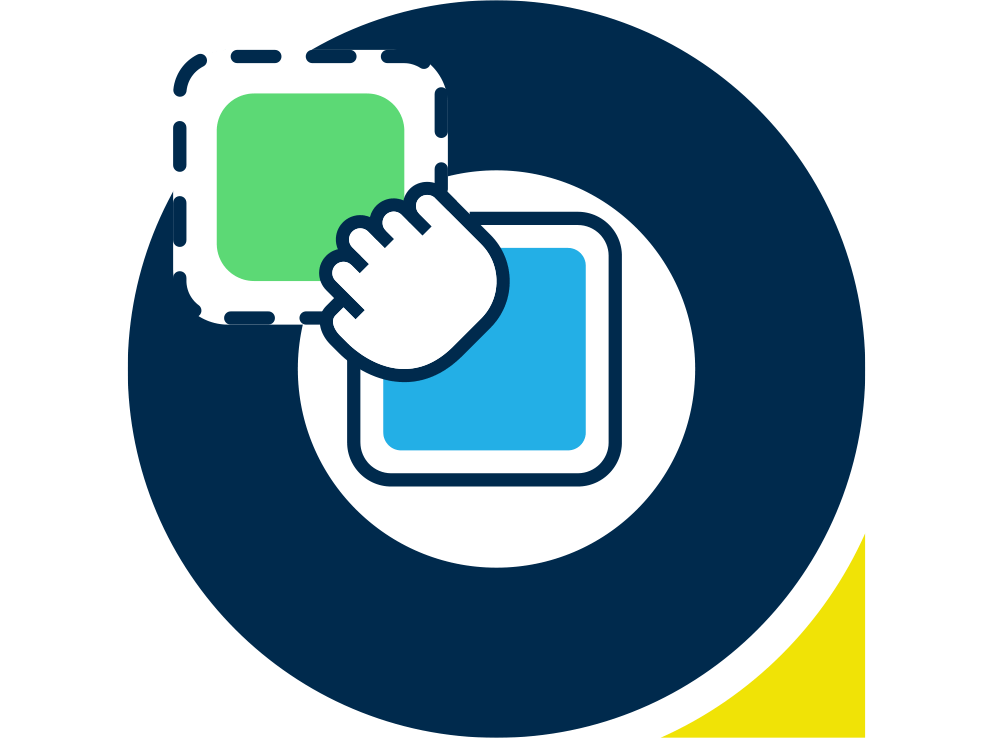Whether you’re an Apple fan or not, I think we all admire the way they’ve grown massively over the last 12 years or so from a brand that was only really considered by designers to arguably one of the biggest household names for consumer goods. Since the launch of the first iPod in 2001 Apple have re-launched themselves as a highly fashionable and sort after brand. As well as having sleek, user friendly products, they’ve had the right marketing which has helped them revolutionise the way consumers see their brand. Having said this, like the best of us, they do still make marketing mistakes, and with a name as big as Apple you can rest assured that there will be plenty of people ready to comment when they do.
History repeating itself
In March, we blogged on an Apple Mother’s Day campaign that received massive backlash from their usually adoring fans. The campaign saw recipients receiving an email suggesting the perfect gift for Mother’s day would be an iPad mini. As much as we all love our mums, I’m sure for most of us this seems a little excessive for a Mother’s Day gift! Within minutes ‘iPad’ was trending on Twitter with many ill targeted recipients writing humorous tweets. With this reaction in mind you’d have thought Apple might think quite carefully about the type of acquistional campaign they send out for Father’s Day.
It seems not, as yesterday I received a very similar campaign from Apple telling me to buy my Dad an iPad for Father’s Day! Again it seems like Apple haven’t learnt from the original campaign and it seems like they are still very much using a ‘batch and blast’ strategy here.
Why run the campaign again?
There are a few reasons why Apple may have decided to run this campaign even with the controversy they received previously with the Mother’s Day campaign. Perhaps they see all publicity as good publicity, perhaps with such a high end product they only need a few conversions to make the campaign worthwhile.
Surprisingly this Apple campaign didn’t seem to have as much of an impact as the previous one. There were only a few negative tweets on twitter and surprisingly recipients seemed more annoyed by the fact that Apple are promoting products so late in the sales cycle.
Suggestions for improvements
Apple could have done a number of things to improve this campaign – the easiest would have been to send this to a targeted audience using the data they collect from their customers. That way depending on what a customer had previously purchased (iTunes vouchers etc) they could have received a targeted suggestion of gift you may want to buy. This could minimise the negative feedback and also mean that total recipient engagement would be likely to increase.
